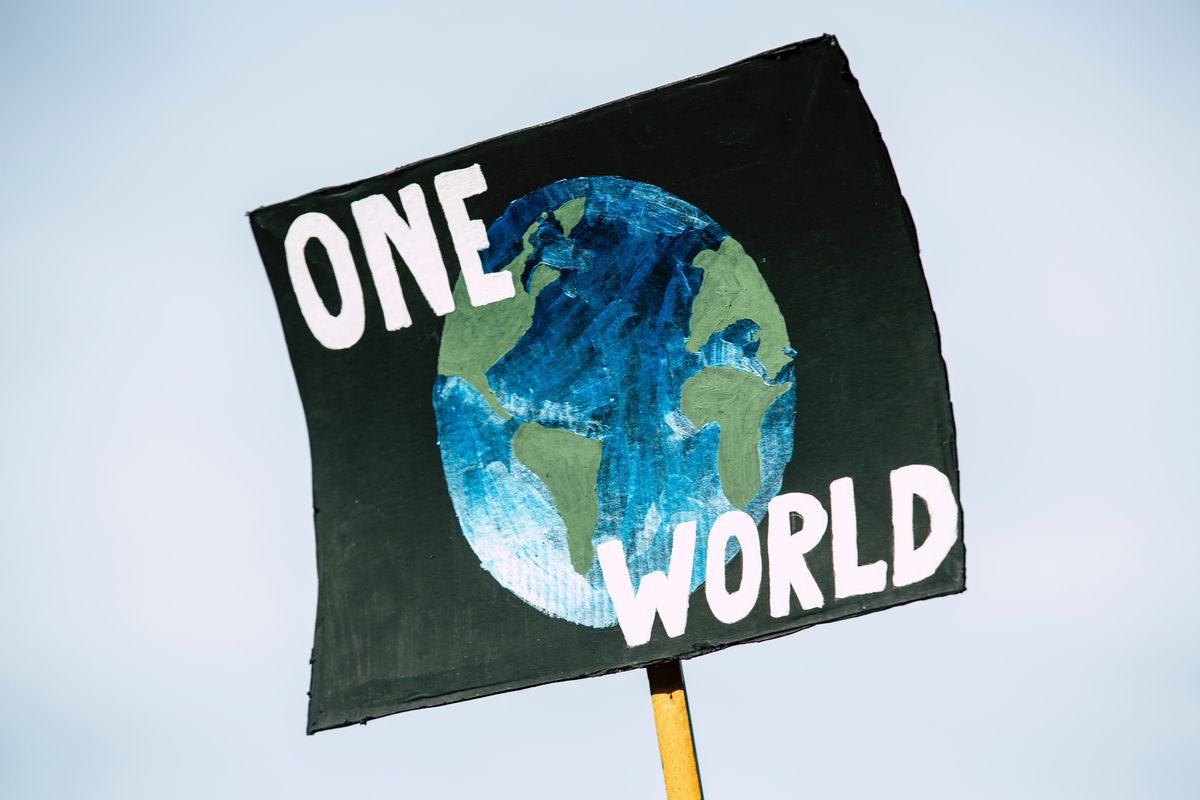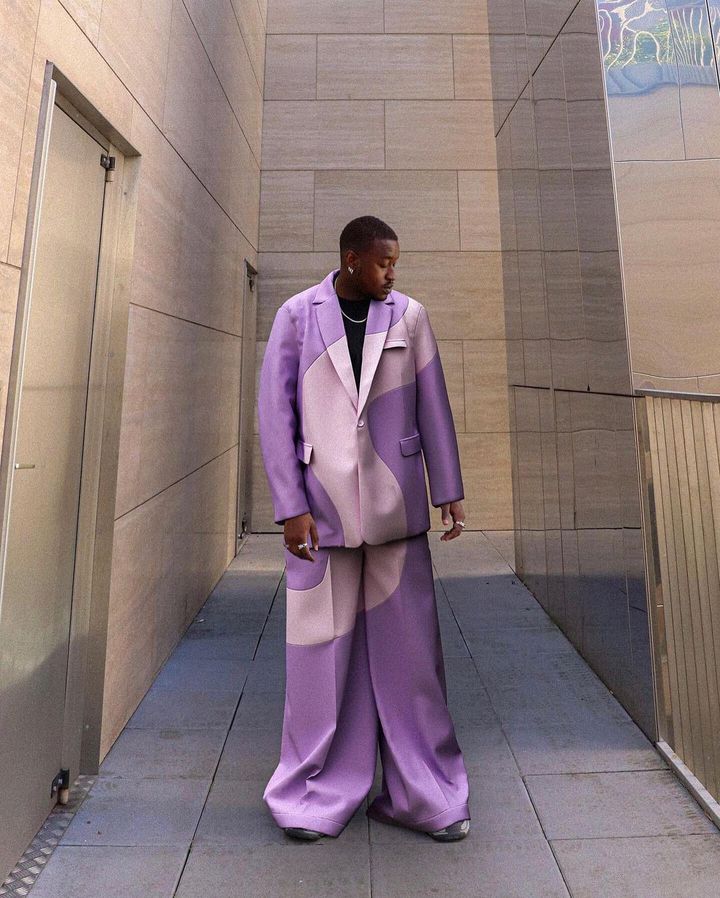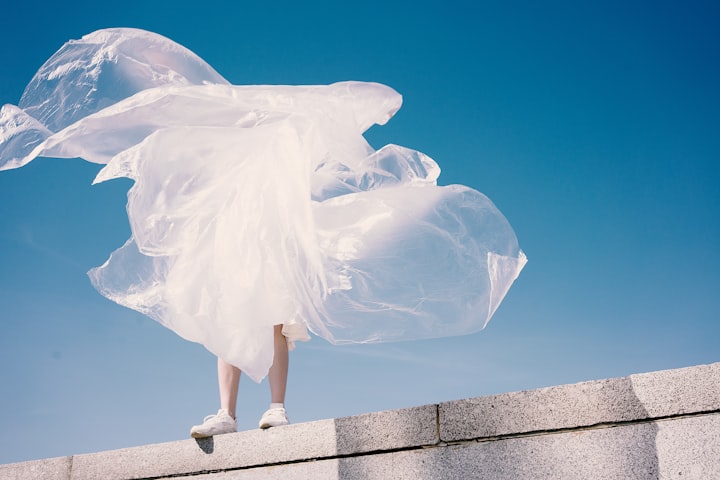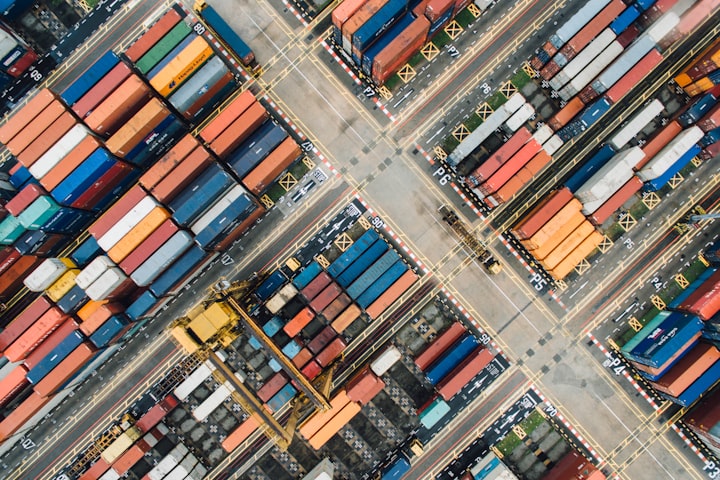Essential Green Terms for Businesses to Know
As fashion becomes eco-friendly, green terms like greenwashing and wishcycling are used more frequently. But what do these terms actually mean? Read on to learn more.

As the fashion industry becomes greener and moves towards sustainability to reduce its environmental impact on the earth, more green terms are in circulation. But what do these terms actually mean? Below is a guide to four green terms used in the industry that your company should know.
Greenwashing:
Companies that commit to environmentally friendly practices typically use green marketing to showcase their efforts. Green marketing is the practice of advertising products in a way that showcases their eco-friendliness. However, some companies showcase misleading information through advertising to attract sustainably-minded consumers without putting in the work to ensure eco-friendliness in their business practices. This is defined as greenwashing.
An example of a company that has been accused of greenwashing in the fashion and apparel industry is H&M. The Stockholm-based company has a line called “Conscious,” where they sell sustainably made clothing at an affordable price. However, the line caused confusion because phrases used to promote the line implied that the garments consist exclusively of sustainable materials when that is not the case. To qualify for the line, clothing must be made from at least 50 percent of more sustainable materials like organic cotton, recycled polyester or Tencel.
H&M is also a fast-fashion company that is known for its significant environmental footprint and unsustainable practices. According to Good On You, H&M is still the world’s second-largest producer of fast fashion despite its sustainability efforts. The misleading representation of H&M’s environmental impact, in this case, is greenwashing.
Greenwashing can happen intentionally or unintentionally, but it is important to be aware of the term and its impacts to avoid deceiving consumers by misrepresenting a company and its practices.
Upcycling:
Most people are familiar with the three “Rs” of waste that was ingrained in students in grade school: Reduce, Reuse and Recycle. Oftentimes, consumers turn to recycle as the best solution of the three options while the other two alternatives are overlooked. However, the reducing and reusing stages are considered the most important in terms of waste reduction.
In an interview with Vox, Anne Krieghoff, the recycling manager at UC Irvine, said that people need to prioritize reducing and reusing stages over recycling. Waste minimization is more important than finding ways to deal with the waste after it's been produced, according to Krieghoff.
Upcycling does just that by revamping products before they get to the recycling stage. In this process, old clothing items are repurposed into a higher quality product compared to the original. This differs from recycling because recycling involves breaking down products into their raw form and turning them into reusable products, while upcycling maintains the original form of material but repurposes it to act as a different product.
Turning old t-shirts into cleaning rags, jackets into handbags and old garments into scarves are all examples of upcycling. As a result, upcycling reduces the amount of waste put into the environment and avoids the need for processing.
Wishcycling:
Did you know that items like unwashed peanut butter jars, greasy pizza boxes and red solo cups are not recyclable? Most people throw these unrecyclable items into bins in hopes that the item will be recycled or end up in the right place. This act of recycling without knowing if a product is recyclable is called wishcycling.
Although wishcycling is usually done with good intent, it can lead to issues like contamination of recyclable materials, damage to waste management equipment and employees, decreased efficiency for waste management and potential environmental problems.
According to an article by Vogel Disposal Service, the best way to avoid wishcycling is to understand the rules for the recycling services in your area. Making sure to check that the product you're tossing into the recycling is 100% recyclable is key. The article also states that reducing and reusing as much as possible is beneficial and that trashing and recycling products should be the last resort.
Zero Waste:
In simple terms, zero waste involves reducing one’s waste as much as possible, so nothing ends up in landfills. The traditional methods of throwing away waste through trash and recycling are essentially eliminated in zero waste. Instead, zero waste leverages reducing, reusing and composting as much as possible to eliminate waste.
Recycling is still used, but only as a last resort because the recycling system in the U.S. is not ideal. For decades, the U.S. sent the majority of its recycling to China until the country banned the import of most plastics in 2018. Since the U.S. outsourced most of its recycling, the domestic recycling infrastructure was underdeveloped and incapable of handling the 292.4 million tons of recycling waste that were produced that year. After the ban, the U.S. found other Asian and African countries with lax environmental rules to dump this waste, resulting in pollution in those countries. To avoid contributing to this issue, zero waste avoids the act of recycling.
As the movement of eco-friendly and sustainable fashion grows, so does the vocabulary. Therefore, it’s important to stay up-to-date with the terms to identify what matters to your company and better understand how the industry is changing. Moving forward, there is an expectation for more green and sustainability in fashion. That is why at Dhakai, we are revolutionizing the fashion and apparel industry by directly connecting brands with our verified manufacturers. Our process results in a more sustainable supply chain that benefits and empowers both brands and manufacturers. To learn more about how you can connect your brand with manufacturers sustainably, sign up at dhakai.com/registration.




